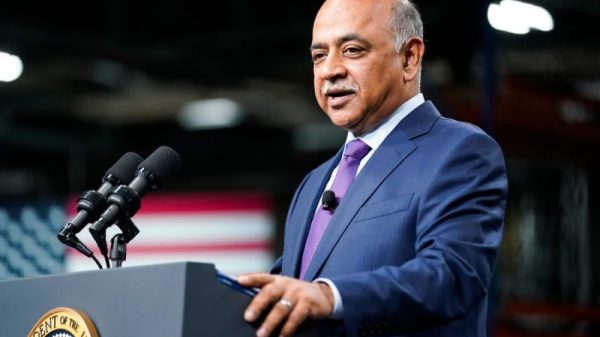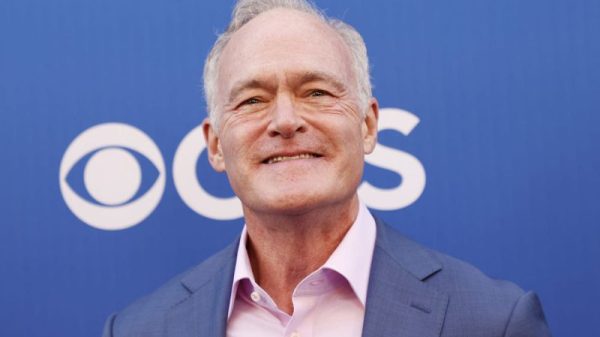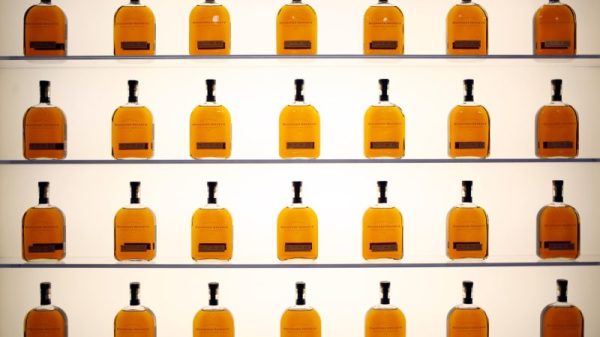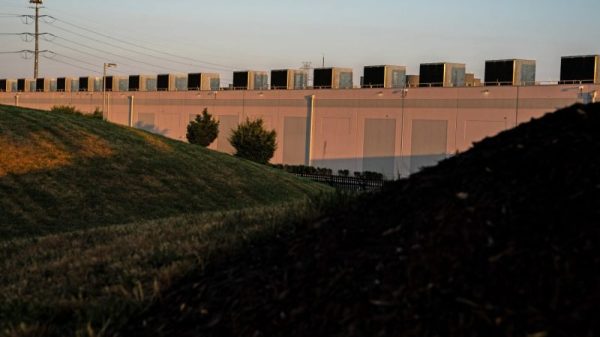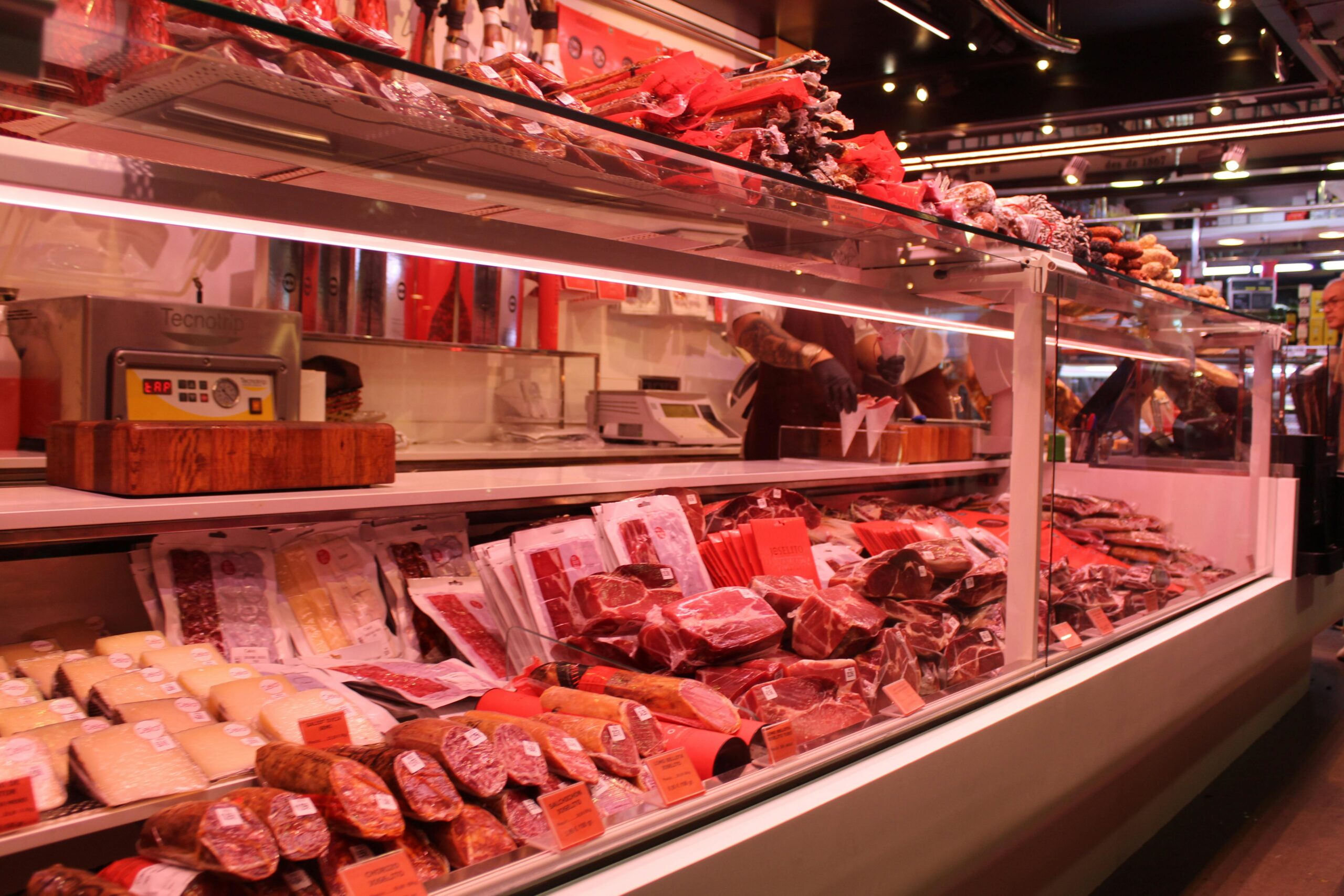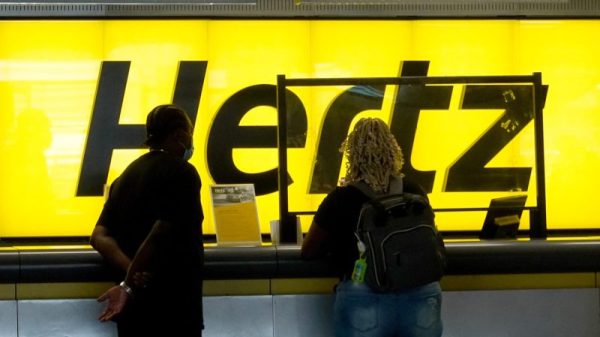Australian beef farmers, traders, and industry groups announced on Thursday that they intend to pass on the additional costs incurred from US tariffs directly to American consumers.
This move is expected to result in noticeable price increases for beef products in the United States, affecting popular items such as hamburgers and steaks, Reuters reported on Thursday.
The decision comes in response to the US government’s imposition of tariffs on imported goods, including Australian beef.
These tariffs effectively increase the cost of Australian beef entering the US market.
Australian industry may not have a choice
The Australian beef industry maintains that they have no choice but to pass these added costs onto the American consumer.
They argue that absorbing the costs themselves would be financially unsustainable and could negatively impact the Australian beef industry.
“The effect on our market here today…we haven’t seen it,” Dhugald McDowall, of livestock agency Elders Cleary McDowall, at the Southern Regional Livestock Exchange in Moss Vale was quoted in the report.
It does make the commodity that’s going into America a lot dearer for their own consumers. So I think in the short term, it could be quite detrimental to the US economy.
The US is Australia’s largest market for beef, with annual exports valued at a record A$4 billion ($2.52 billion). However, Australia has banned US fresh beef products since 2003 due to the detection of mad cow disease in US cattle.
Trump announced tariffs on Australia on Thursday and expressed his anger over the country’s refusal to “take any of our beef”.
Lower fat content
US fast food chains value Australian beef for its lower fat content.
It is often blended with fattier US beef to achieve the ideal fat content for hamburgers.
The fat content of hamburgers and ground beef cannot exceed 30%, as regulated by the United States Department of Agriculture.
Garry Edwards, chair of the industry trade body Cattle Australia, stated that Australian producers experienced minor, temporary disruptions in their US exports recently due to uncertainty surrounding tariff details.
However, he believes that US buyers will ultimately have to pay more for Australian beef.
He said:
They are completely reliant on our grass-fed beef and some of our high quality grain-finished beef to meet their requirements of their domestic consumers.
Consumers resist higher prices
American consumers will likely resist paying higher prices for their burgers and steaks for the foreseeable future, he added.
The Australian government has leveraged the industry’s role in the American fast-food supply chain as a bargaining tool.
Don Farrell, Australia’s trade minister, recently stated that increased tariffs on beef could result in higher prices for McDonald’s hamburgers.
Notably, McDonald’s was prominently featured in Trump’s election campaign due to his support for the fast-food chain.
McDowall, a livestock agent, observed that Australia received the same tariff as Brazil and Argentina.
Brazil is the world’s largest beef exporter, and along with Australia, the United States, and Argentina, it makes up the four largest beef exporters globally.
The Australian government will provide support to industries affected by US tariffs to help them sell their products in alternative markets, Prime Minister Anthony Albanese announced on Thursday.
The post Why the Australian beef industry may pass US tariffs directly to American consumers appeared first on Invezz











